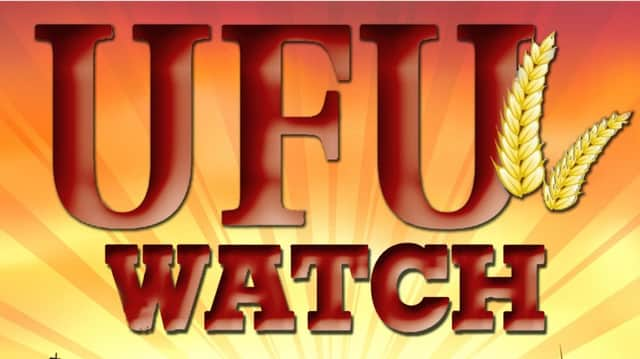Future Agriculture Commissioner has a rocky start


The general opinion was that his answers were incomplete and lacked depth.
He was questioned on the future CAP, organic farming, the impact of trade deals on agriculture, environment measures and the future distribution of direct payments but it was clear that the MEPs were not impressed. He was therefore asked to provide answers to written questions to clarify his position on issues such as the European Green Deal, innovation in agriculture, animal health and welfare and the direction of the next CAP reform. However, this was not enough to satisfy the MEPs and they confirmed on Monday that he would undergo a second hearing on the morning of Tuesday 8th.
Advertisement
Advertisement
At this hearing MEPs commented that there seemed to be more substance to Mr Wojciechowski’s responses and that he was more concrete in his answers. He clarified that he would not produce a new CAP reform proposal but would work with the one on the table to develop and improve it. On the issue of the differences in the levels of direct payments across the EU he said that the ‘inequality’ between member states was no longer valid and that there should not be a division between the old and the new Europe. He said that he would do everything to help EU farmers limit the threats to their businesses and would be in favour of having more money in the EU pot to deal with crises. He added that trade deals were very important for the EU farming sector but said that he would defend EU farming interests when these deals are being negotiated. After the hearing MEPs confirmed that Mr Wojciechowski now had their support and approved him as Agriculture & Rural Development Commissioner.
WTO approve US tariffs worth $7.5bn on EU products
Last week at the WTO arbitration panel the US were authorised to introduce annual tariffs worth $7.5bn on a range of EU products, including agricultural goods which attract a 25% duty. These tariffs were approved as retaliatory measures against the EU as part of the ongoing 15-year legal battle at the WTO over Airbus/Boeing subsidies and the subsequent failure of the EU to comply with a WTO ruling against government subsidies for European aircraft manufacturer Airbus.
The majority of tariffs are aimed at Airbus founding countries (UK, France, Germany and Spain), although many do extend beyond those four countries across the majority of the EU28. A key concern for the UK are the tariffs imposed on single malt Scotch whisky which represents over half of the total value of UK products on the US Government tariff list.
The US is the single largest export market for the product, with over £1 billion of Scotch whisky exported there last year. Tariffs on dairy products - notably cheeses and butter, olive oil, wine and pork are also proposed. The US has requested that the WTO schedule a meeting on October 14th to approve these measures and in accordance with WTO rules they will be automatically accepted at that meeting. This means the tariffs would come into force on October 18th and the EU is not allowed to retaliate.